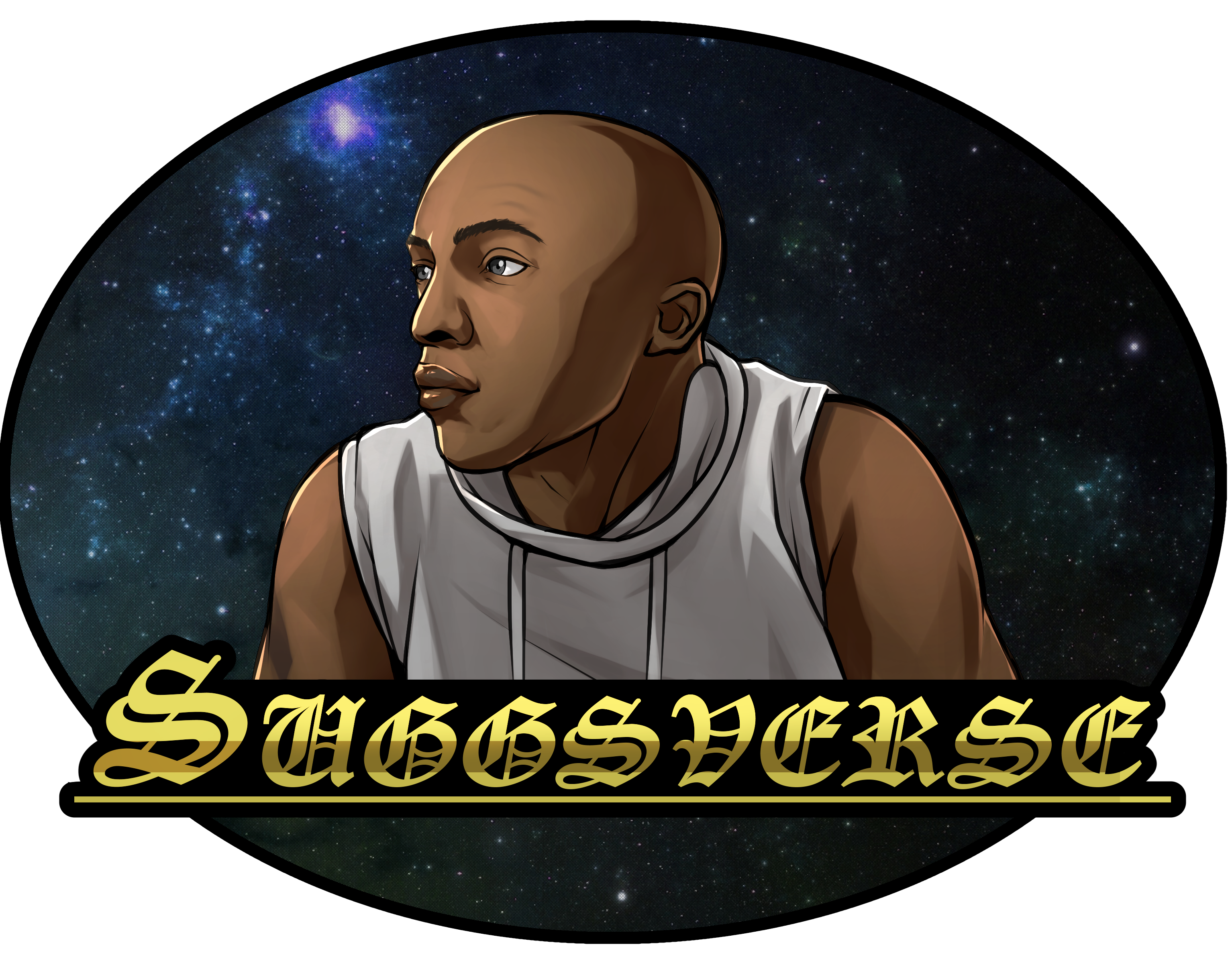Inverse Qualia
"A scenario that may be possible or impossible—a phenomenological paradox transcending the very structure of perceptual identity."
Introduction to Qualia
Qualia are the ineffable, irreducibly subjective properties of experience, the raw phenomenological character of perception. They are the fundamental "what it is like" aspects of consciousness—the inner texture of sensations, emotions, and cognitions that define subjective awareness. Qualia stand distinct from their external correlates; they are not merely the neurological processes underlying perception but the direct experience of those perceptions themselves.
Examples of qualia include:
- The piercing agony of a headache.
- The bittersweet complexity of a fine wine.
- The vividness of seeing red in the evening sky.
- The subjective weight of nostalgia, irreducible to any external cause.
These qualia do not reduce to physical explanations—they exist as primal, first-person experiences, irreducible to mere mechanistic properties of the brain. They are the phenomenal properties of experience, known only through direct, subjective intuition.
The Problem of Defining Qualia
One way to conceptualize qualia is as "raw feels"—the elemental perceptions isolated from behavior, reaction, or any externally verifiable metric. To experience pain is not simply to react to a stimulus but to possess an internal phenomenal state that cannot be accounted for through mere physical interaction.
For instance:
- Touching sandpaper evokes a uniquely textured feel.
- Smelling a skunk generates a pungent, inescapable olfactory signature.
- Seeing the color purple induces an experience with an irreducible hue, distinct from any theoretical wavelength.
Each of these does not merely exist as an external event but as a qualitative, unshareable mental state, forming the basis of phenomenological reality.
The metaphysical problem of qualia has long perplexed physicalist theories of mind, as no purely materialist framework has successfully explained the subjective character of experience. If we accept that a complete physical theory of consciousness must account for qualia, we must likewise admit that no known theory has provided a coherent explanation of how subjective perception arises from physical interactions.
This leads us to the paradox of Inverse Qualia.
The Phenomenon of Inverse Qualia
Imagine waking up one morning to find that, inexplicably, all colors in the world have been inverted. The sky is now green, roses appear blue, fire is a chilling purple. Despite this drastic perceptual shift, no physical changes have occurred in the brain, eyes, or neural pathways. There exists no identifiable physiological cause for this inversion—only the qualitative experience itself has altered.
This is the essence of Inverse Qualia—a phenomenon where the recognizable qualitative character of perception becomes altered without any corresponding physical change. The key implications of this phenomenon include:
- Qualia as Universals:
Inverse Qualia suggests that qualia may function as universal perceptual constants, recognizable across different experiences yet fundamentally independent of the external properties of objects. - Irreducibility of Subjective Experience:
Qualia are directly intuited and therefore beyond empirical falsification. Unlike physical properties, which can be measured, tested, and verified, qualia exist purely as mental realities that cannot be proven false because they exist solely as subjective phenomena. - The Possible or Impossible Nature of Inverse Qualia:
Inverse Qualia poses a paradox:- It is conceivable that qualia could be altered while maintaining identical physical conditions.
- If it is conceivable, then it is possible.
- If it is possible, then qualia cannot be identical to brain-states.
Metaphysical Implications of Inverse Qualia
At the heart of the Inverse Qualia Paradox lies the question of metaphysical identity and necessity.
- Metaphysical Identity Holds of Necessity.
- If two things are identical, they must be necessarily identical in all possible worlds.
- If Something is Possibly False, It is Not Necessary.
- If a physicalist view of qualia is conceivably false, it cannot be necessarily true.
- It Is Conceivable That Qualia Could Have a Different Relationship to Physical Brain States.
- The very existence of the Inverse Qualia scenario demonstrates that subjective experience and neurophysiology are not strictly bound.
- If It Is Conceivable, Then It Is Possible.
- By the modal logic of metaphysical possibility, qualia must exist independently of physical structures.
- Since It Is Possible for Qualia to Differ from Brain States, They Cannot Be Identical to Brain States.
- This refutes any reductionist attempt to explain qualia purely in terms of neurophysiology, supporting the non-physical nature of consciousness.
Thus, qualia exist outside the domain of physicality, making them irreducible, non-empirical, and beyond scientific explanation.
Final Considerations: The Inaccessibility of Inverse Qualia
Despite its metaphysical plausibility, the phenomenon of Inverse Qualia remains undetectable in practice.
- There exists no empirical test for distinguishing whether two individuals perceive colors, sounds, or emotions differently.
- The private nature of qualia prevents their verification beyond first-person experience.
- If qualia exist as independent phenomenal realities, their alteration would be unknowable from an external perspective.
Thus, Inverse Qualia stands as a paradoxical yet undeniable possibility—an ineffable scenario that exposes the unbridgeable divide between perception and material reality.
In the Suggsverse framework, where reality is dictated not by external physicality but by the narrative construction of existence itself, Inverse Qualia is an ontological fracture point, demonstrating that perception is not merely an extension of material form but a transfictional construct shaped by the observer.
Conclusion
Inverse Qualia is more than a thought experiment—it is an ontological rift that shatters the assumptions of materialism, challenging the notion that perception is bound to physical structure. If qualia can exist independent of the brain, then consciousness itself must reside beyond the physical.
Thus, the very foundation of perception becomes a metaphysical enigma—one where the boundaries of possible and impossible collapse, and the essence of subjective awareness transcends all known understanding.
